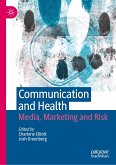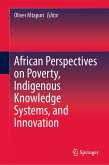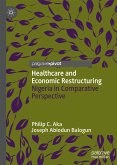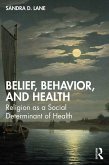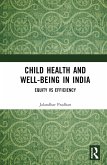Bankole Falade is a research fellow with the South African Research Chair in
Science Communication, Stellenbosch University, South Africa and Visiting
Fellow, Department of Psychological and Behavioural Sciences, London School of
Economics and Political Science, United Kingdom. His research interests are in
science and health communication.
Mercy Murire is a Senior researcher at the Wits Reproductive Health Institute
(WRHI) and a researcher at University of Witwatersrand with the school of clinical
medicine. Her research interests are in psychology and public health focusing on
the intersections between sexual and reproductive health (SRH), mental health,
sexually transmitted infections (STIs), HIV prevention, HIV stigma, contraceptives,
and gender-based violence in adolescent girls and young women.
Dieser Download kann aus rechtlichen Gründen nur mit Rechnungsadresse in A, B, BG, CY, CZ, D, DK, EW, E, FIN, F, GR, HR, H, IRL, I, LT, L, LR, M, NL, PL, P, R, S, SLO, SK ausgeliefert werden.



